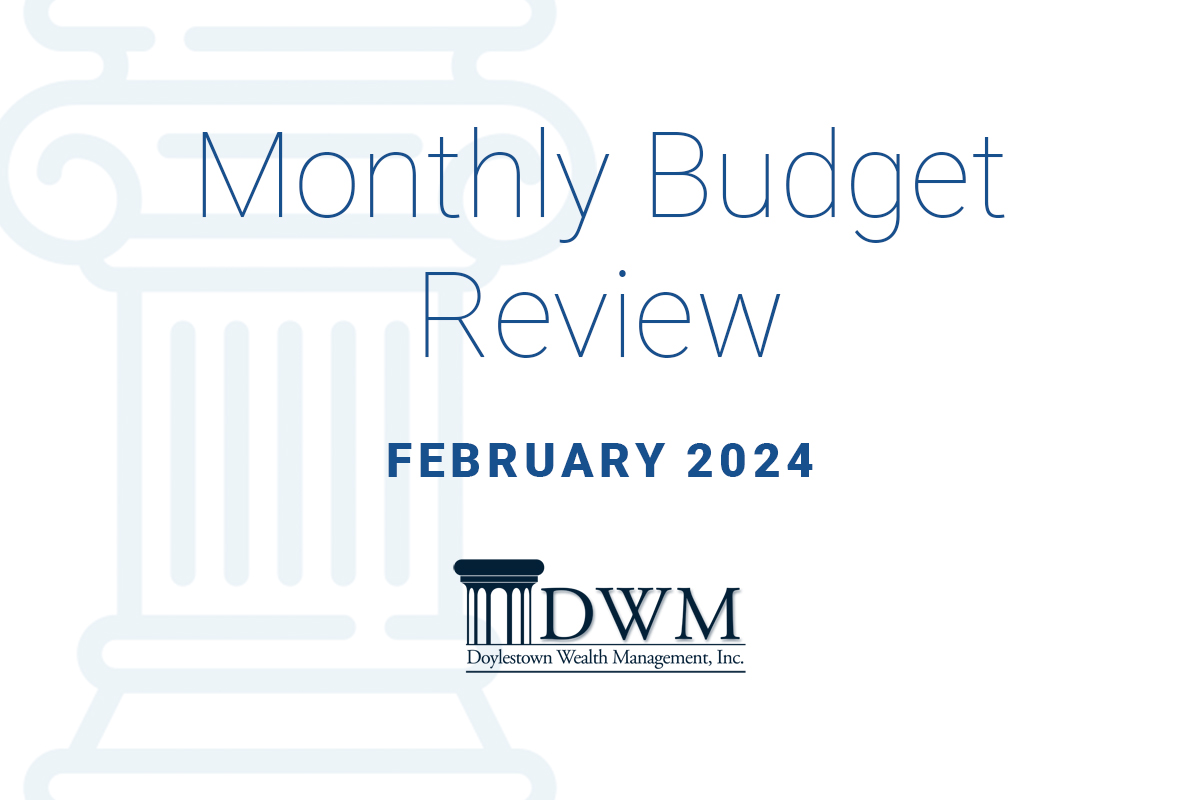
Budget Totals Through January (billions of dollars)
| Actual FY 2023 | Preliminary FY 2024 | Y-O-Y Change | |
| Receipts | 1473 | 1585 | 112 |
| Outlays | 1933 | 2116 | 183 |
| Defecits | -460 | -531 | -71 |
Last month, we pointed out that taxes withheld from paychecks have been falling in a manner which previously had been associated either with recessions, pandemics, or changes in the tax code. We observed that there might be a few mitigating factors for this drop, including deferral of tax payments due to natural disasters or the lingering effects of COVID-era policies. However, we failed to mention another possibility: that an increasing number of Americans are working as contractors, not employees, and therefore not having taxes withheld directly from their paychecks.
Determining how much tax revenue is derived from self-employment is much more difficult than that from wages and salaries, as the latter is reported directly by the US Treasury. Working people who do not have taxes withheld by their employers would generally be expected to pay quarterly estimated taxes, but there is no requirement that this be done (although those who fail to pay their mandated taxes in a timely manner are subject to penalties). The Treasury does not provide any data as to the reason for payments of individual taxes outside of employer withholding. Checks and ACH transfers are deposited in the government’s account for a variety of reasons—estimated tax payments, income taxes owed above the withheld amount, and taxes withheld from pension, IRA, and 401K distributions. Estimated payments are often due at the same time as regular tax payments—April 15, for example—so that a lot of undifferentiated revenue is simply dumped into the Treasury account without much elucidation as to why it was received. The only distinction made in the Daily Treasury Report is whether the payment was made by check or Electronic Funds Transfer (EFT).
There is another potential source for tax collection data from self-employed individuals: the Social Security Trust Fund (SSTF), which breaks out the Self-Employed Contributions (SECA) from the wage and salary contributions (FICA). Readers may recall that the Social Secuirty Trust Fund does not collect taxes directly, but instead receives transfers from the Treasury based on calculations agreed on by both entities. These contributions are subject to revision and often substantial adjustments are made—a system which highlights the nature of SSTF as an accounting fiction. (As we noted previously, the Treasury both collects Social Security taxes and makes benefit payments using its general account.) Consequently, the SSTF’s figures on SECA are estimates based on past trends and assumptions, not on hard data. In any case, SECA has hovered around 5% of FICA for most of the last twenty years.
The IRS, for its part, publishes data on self-employed payroll taxes declared on Form SE, but only with a three year delay. The most recent data from 2020 is naturally affected by COVID, but prior years show no marked acceleration in payroll taxes owed by the self-employed.
| SE taxes owed (in billions of $) | |
| 2013 | 55.5 |
| 2014 | 58.5 |
| 2015 | 60.2 |
| 2016 | 59.7 |
| 2017 | 63.8 |
| 2018 | 65.3 |
| 2019 | 67.3 |
| 2020 | 66.6 |
| 2021 | 77.2 |
The jump in 2021 does not appear to be out of trend considering that withholding taxes also had a large increase in that year. To us, it does not seem that self-employed Americans are garnering a significantly larger share of the employment income in the United States. Of course, we will revisit this when new data becomes available.
Which leaves us with the mystery of why withholding taxes have been so sluggish, even in what is reportedly an expanding economy with historically low unemployment. This commentary is open to ideas.
The opinions voiced in this material are for general information only and are not intended to provide specific advice or recommendations for any individual.
The content is developed from sources believed to be providing accurate information.
Securities offered through LPL Financial, member FINRA/SIPC. Investment advice offered through Great Valley Advisor Group, a Registered Investment Advisor. Great Valley Advisor Group and Doylestown Wealth Management, Inc. are separate entities from LPL Financial.
ART# 546017
